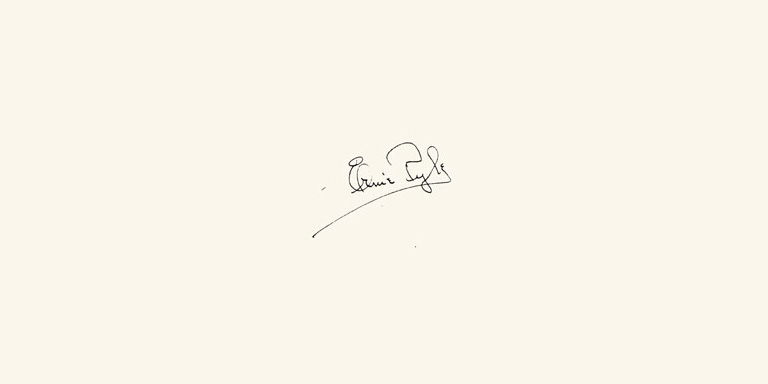This is one of several columns that Pyle wrote about the soldiers who kept the Army going.
SOMEWHERE IN SICILY, September 2, 1943 – You may never have seen it mentioned, but a map is as common a piece of equipment among front-line officers as a steel helmet. A combat officer would be perfectly useless without his map.
It is the job of the engineers to handle the maps for each division. Just as soon as a division advances to the edge of the territory covered by its maps, the map officer has to dig into his portable warehouse and fish out thousands of new maps.
The immensity of the map program would amaze you. When it came from America, the 45th Division brought with it eighty-three tons of Sicilian maps! I forgot to ask how many individual maps that would be, but it would surely run close to half a million.
The 45th’s maps were far superior to any we’d been using and here’s the reason: Our maps were based fundamentally on old Italian maps. Then for months ahead of the invasion our reconnaissance planes flew over Sicily taking photographs. These photos immediately were flown across the Atlantic to Washington. There, if anything new was discovered in the photographs, it was superimposed on the maps.
They kept this process of correction open right up to the last minute. The 45th sailed from America only a short time before we invaded Sicily, and in the last week before it sailed the Map Section in Washington printed, placed in waterproofed cases, and delivered to the boats those eighty-three tons of maps, hot off the presses.
*
The 120th Engineers went back into antiquity for one of their recent jobs. They were scouting for a by-pass around a blown bridge when they stumbled onto a Roman stone road, centuries old and now unused and nearly covered with sand grass. They cleaned up the old highway, and used it for a mile and a half. If it hadn’t been for this antique road, it would have taken four hundred men twelve hours to build a by-pass. By using it, the job was done in four hours by one hundred fifty men.
The engineers were very careful throughout the campaign about tearing up native property. They used much extra labor and time to avoid damaging orchards, buildings, or vineyards. Sometimes they’d build a road clear around an orchard rather than through it.
This consideration helped make us many friends here.
I met a bulldozer driver who operates his huge, clumsy machine with such utter skill that it is like watching a magician do card tricks. The driver is Joseph Campagnone of Newton, Massachusetts. He is an Italian who came to America several years ago, when he was sixteen. He is all American now. He has a brother in the Italian army who was captured by the British in Egypt.
His mother and sisters live near Naples, and he hopes to see them before this is over. I asked Joe if he had a funny feeling about fighting his own people and he said, "No, I guess we’ve got to fight somebody and it might as well be them as anybody else."
Campagnone has been a cat driver ever since he started working. I sat and watched him for two hours one afternoon while he ate away a rocky bank overhanging a blown road, and worked it into a huge hole until it was ready for traffic. He is so astonishingly adept at manipulating the big machine that groups of soldiers and officers gathered at the crater’s edge to admire and comment.
Joe has had one close shave. He was bulldozing a by-pass around a blown bridge when the blade of his machine hit a mine. The explosion blew him off and stunned him, but he was not wounded. The driverless dozer continued to run and drove itself over a fifty-foot cliff and turned a somersault as it fell. It landed right side up with the engine still going.
*
Our troops along the coast occasionally got a chance to bathe in the Mediterranean. As an incidental statistic, the engineers during the campaign cleared mines off a total of seven miles of beaches just so the soldiers could get down to the water to swim.
Up in the mountains you’d see hundreds of soldiers, stark naked, bathing in Sicilian horse troughs, or out of their steel helmets. The American soldier has a fundamental phobia about bodily cleanliness that is considered all nonsense by philosophers of the Great Unwashed, which includes Arabs, Sicilians and me.



